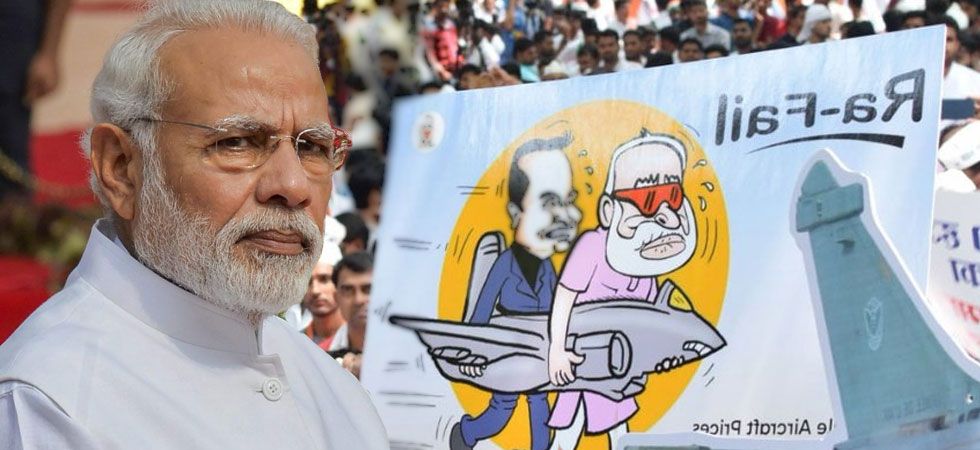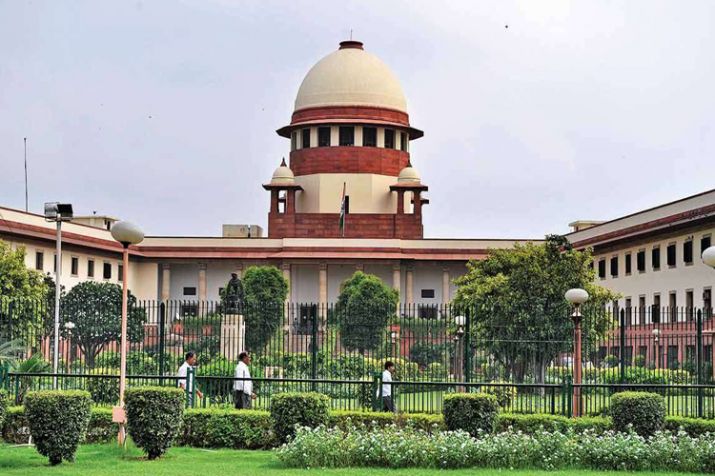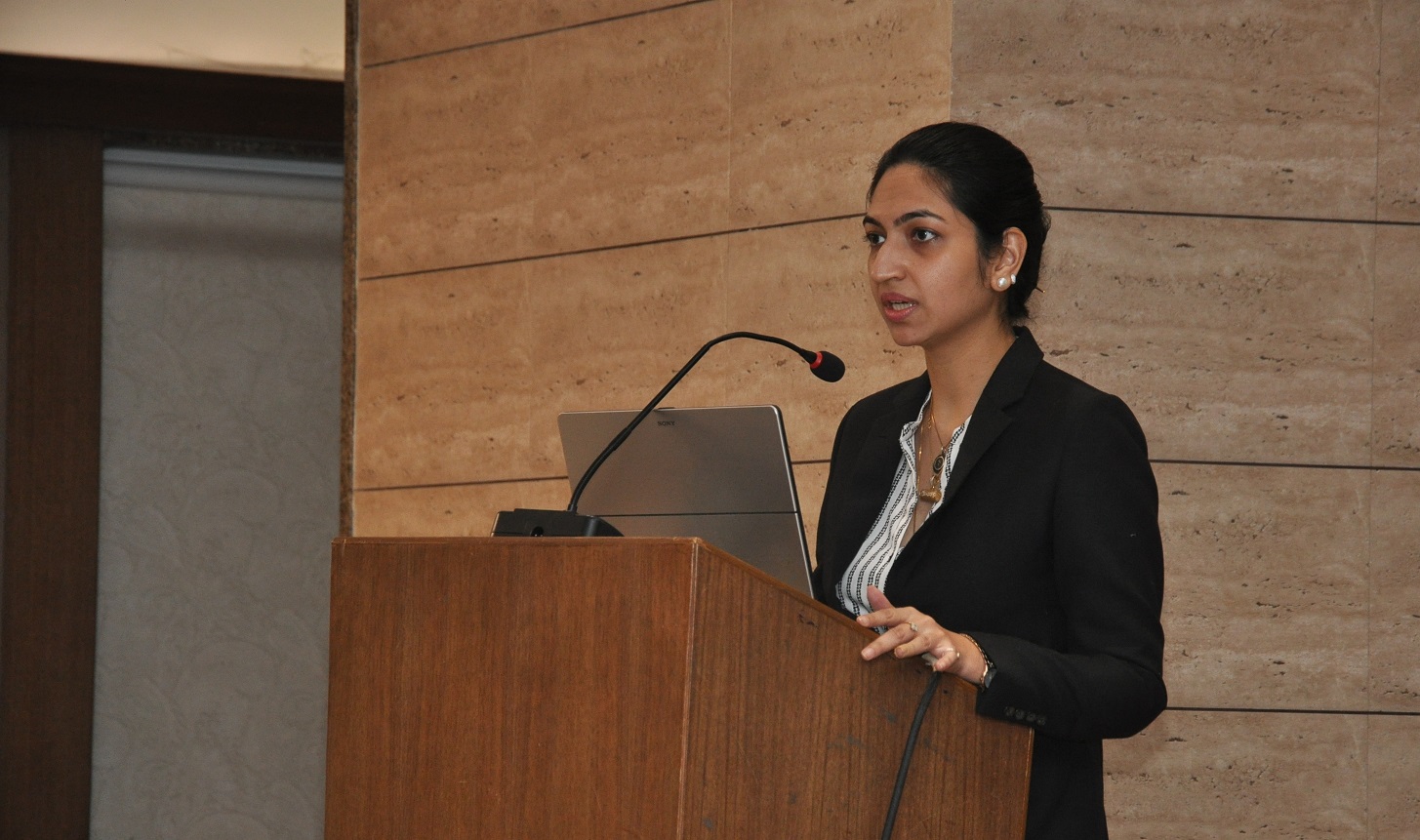Now Reading: Rafale Relief to Modi Govt as SC dismisses all pleas for Probe (Read Judgment)
-
01
Rafale Relief to Modi Govt as SC dismisses all pleas for Probe (Read Judgment)

Rafale Relief to Modi Govt as SC dismisses all pleas for Probe (Read Judgment)
A three-judge Bench, led by Chief Justice of India Ranjan Gogoi on Friday said that no instance of commercial favouritism was found. The bench find no reason for any intervention by this Court on the sensitive issue of purchase of 36 defence aircrafts by the Indian Government. Perception of individuals cannot be the basis of a fishing and roving enquiry by this Court, especially in such matters, bench added.
On the issue of Pricing
We have examined closely the price details and comparison of the prices of the basic aircraft along with
escalation costs as under the original RFP as well as under the IGA. We have also gone through the explanatory note on the costing, item wise.
Suffice it to say that as per the price details, the official respondents claim there is a commercial advantage in the
purchase of 36 Rafale aircrafts. The official respondents have claimed that there are certain better terms in IGA qua the maintenance and weapon package. It is certainly not the job of this Court to carry out a comparison of the pricing details in matters like the present. We say no more as the material has to be kept in a confidential domain.
On the Issue of inclusion of Reliance, the court said:
It is no doubt true that the company, Reliance Aerostructure Ltd., has come into being in the recent past, but
the press release suggests that there was possibly an arrangement between the parent Reliance company and Dassault starting from the year 2012. As to what transpired between the two corporates would be a matter best left to them, being matters of their commercial interests, as perceived by them. There has been a categorical denial, from every side, of the interview given by the former French President seeking to suggest that it is the Indian Government which had given no option to the French Government in the matter. On the basis of materials available before us, this appears contrary to the clause in DPP 2013 dealing with IOPs which has been extracted above. Thus, the commercial arrangement, in our view, itself does not assign any role to the Indian Government, at this stage, with respect to the engagement of the IOP. Such matter is seemingly left to the
commercial decision of Dassault. That is the reason why it has been stated that the role of the Indian Government would start only when the vendor/OEM submits a formal proposal, in the prescribed manner, indicating details of IOPs and products for offset discharge. As far as the role of HAL, insofar as the procurement of 36 aircrafts is concerned, there is no specific role envisaged. In fact, the suggestion of the Government seems to be
that there were some contractual problems and Dassault was circumspect about HAL carrying out the contractual obligation, which is also stated to be responsible for the non conclusion of the earlier contract.
On plea for court monitored probe the bench said:
It is neither appropriate nor within the experience of this Court to step into this arena of what is technically feasible or not. The point remains that DPP 2013 envisages that the vendor/OEM will choose its own IOPs. In this
process, the role of the Government is not envisaged and, thus, mere press interviews or suggestions cannot form the basis for judicial review by this Court, especially when there is categorical denial of the statements made in the Press, by both the sides. We do not find any substantial material on record to show that this is a case of commercial favouritism to any party by the Indian Government, as the option to choose the IOP does not rest
with the Indian Government.
Read the full judgment here:
[embeddoc url=”https://legaldesire.com/wp-content/uploads/2018/12/32813_2018_Judgement_14-Dec-2018-1.pdf”]









